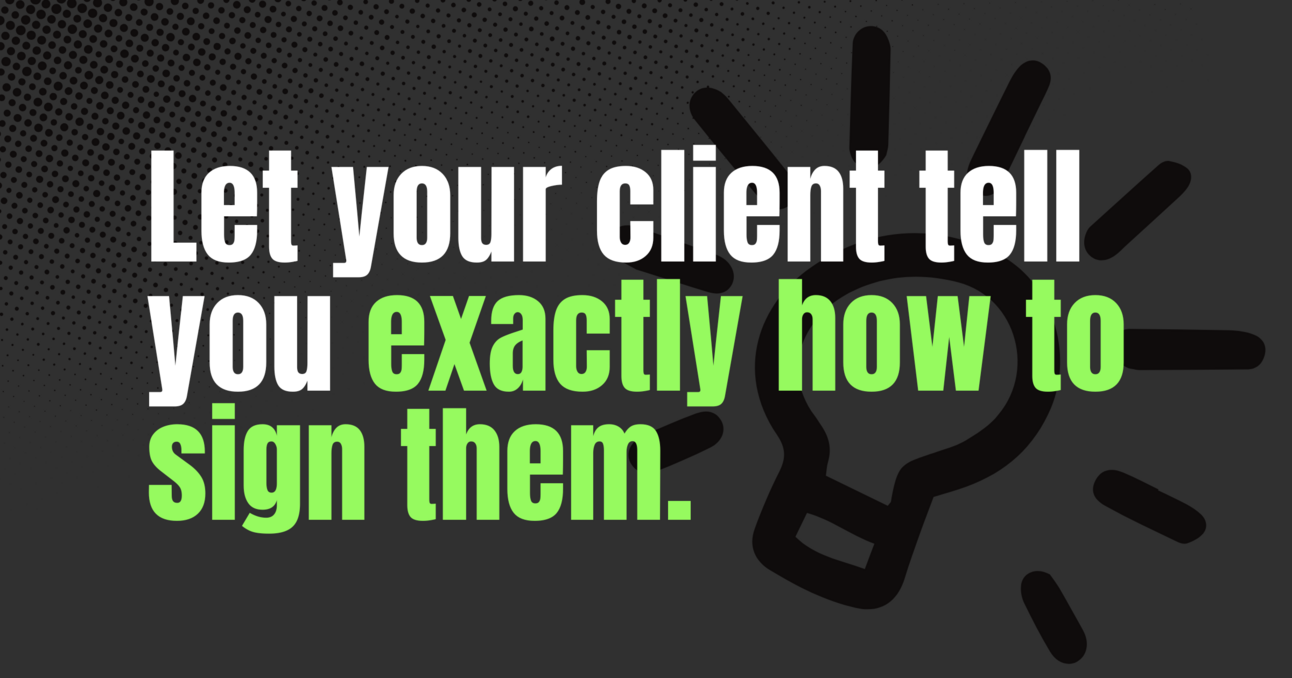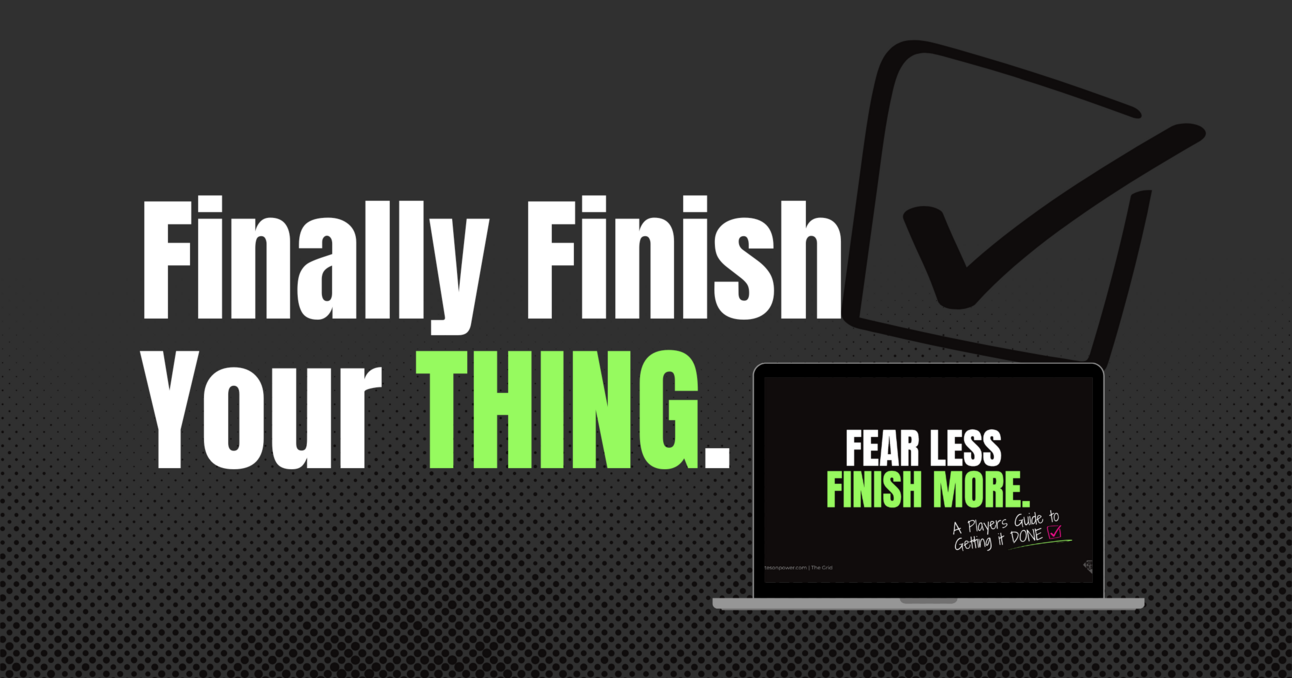Yes, cash flow keeps the doors open, but once you’ve stacked a few wins, you realise something beyond the money is going on here - you’re building a reputation.
And we love building a reputation because it’s the ultimate intangible asset that compounds, creating a ripple effect in your industry.
By delivering consistently epic outcomes, you become known for that, and boom: clients start showing up at your door ready to go, which is what every business owner wants, right?
Here’s where it gets fun:
Consistently delivering incredible results can’t happen if you bend over backwards for every client ready to pay you, because not everyone ready to pay you is willing to put in the work to get the incredible results.
So, you have to intentionally choose your clients to ensure you can’t lose.
In essence, you’re rigging the game by only saying yes to those you know are going to be perfect clients. You’re only backing the winners.
Let’s break this strategy down.
Why Not All Clients Are Created Equal
Firstly, as we know, not every potential client should become an actual client.
Some clients might happily pay your fees and more, but be impossible to work with.
Others may be incredibly fun and easy-going, but everything about their goals and what they want to achieve is either so vague or constantly changing, you end up drained and running on empty just trying to deliver on the most basic of scope.
Of course, we can go back and forth with the “yes, and’s…” for plenty of clients, and most business owners will default to signing a potential client that might not be right for them while keeping their fingers and toes crossed that the client behaves themselves during the project.
We default to this because they don’t believe the perfect client exists.
Finding someone who aligns perfectly with your expertise, methods, and energy, and is willing to pay you to do something you love, seems pretty mythical.
And if we don’t believe the perfect client exists, we don’t choose to look for them. We don’t seek out clients who can guarantee us a win every single time.
Instead, we choose clients who are a dumpster fire waiting to happen.
We say to ourselves:
“This client doesn’t quite get what I do, but it’s okay, by the time we finish working together and they see the results, they’ll understand.”
“This client is super busy, so they can’t be fully committed to the process, but it’s okay because I’ll work around them and fill in the gaps so they can get what they want.”
“I’m pretty sure the client gets the scope of our work together and knows how things need to be done during our time together. We don’t need to go over this now. If they have any questions about expectations, I’ll just answer them as and when they crop up.”
And sure, you could work with clients in all these scenarios, but why take the risk of your entire project together going south when you could make sure everyone is on the same page from the beginning, so there’s no chance of the project falling apart because this client has checked all the boxes, and those who haven’t have been referred to someone else?
Spotting A Winner in The Wild
So what makes a winner?
It’s not just their budget or enthusiasm (yes, those certainly help, but they’re not the be-all and end-all).
Winners, in the context of being a client who guarantees a successful experience and outcome, will display specific characteristics that align with your ability to deliver your best.
For example, they’re ready to do the work. They understand the firepower you bring. And they’re emotionally invested in the outcome. They care.
This is criteria that you can stipulate, then use as a checklist to make sure the client you’re working with is bringing all the requisite components that make them “practically perfect in every way.”
And how do we develop a filtering process to quickly identify the winners?
It depends on what you’re looking for in a client, as your criteria might be different from others, depending on what you do and how you do it.
Maybe it’s a deep discovery call where you dig for real information about who they are.
Maybe it’s an intake form that asks the juicy, revealing questions.
Or maybe, if you’ve been doing this a while, it’s a gut feeling—you know, that tingly feeling you get when a potential client's energy just screams, “YES!” or that sinking feeling you get when every bone in your body is telling you to run in the opposite direction.
The Red Flags You Can’t Ignore
Just like there are characteristics you can pre-assess in the winner, there are also huge red flags you need to pay attention to in non-winners.
They’re not losers, that’s not nice. Okay, maybe they are.
Anyway, these red flags are the warning signs that a client is likely to drain every ounce out of you and still request more.
They don’t respect boundaries. They lowball your fees, nickel-and-diming you at every opportunity. They oppose everything you say because Brett, the marketing intern, has a better idea. They demand immediate responses to every minuscule query. And they expect you to be able to read minds because their communication of vital information is non-existent.
If a potential client gives you even the slightest hint of a red flag, we walk away. There’s ZERO compromise. You can’t guarantee that positive result we’ve been talking about if there’s a chance the client might throw a spanner in the works.
See, the beauty of backing winners is that you can eliminate potential headaches before they show up. So you need a short list of deal-breakers, and everything on that list should be unquestionably firm.
I have a framework I very dramatically refer to as “The Document of Universal Truth” - it’s a system for clearly drawing a non-negotiable line in the sand and developing communication for potential clients so they not only understand why that line exists, but they also respect and adhere to it.
You can find that framework over on The Grid, and you can either swipe mine and plug it into your business now, or you can use it as a template to create your own rules.
Either way, the moment you implement this, you’ll find yourself only ever investing time and energy into clients who make success downright inevitable.
Rigging The Game So You Can’t Fail
So what we’re really talking about here is rigging the game, right? And the great thing is, you’re allowed to do that.
This is a game you can rig, and it's one of the most ethical power plays you make.
When you intentionally align yourself with the right clients, the positive outcomes and epic results just keep coming. Why? Because you’re finally working in your genius zone for people who value it.
This goes beyond niching (or “nitching”). It's the ultra-sweet spot, tailwind-effect kind of alignment that’s consistently pushing you towards the win. Success becomes repeatable. It also becomes scalable. And yeah, a lot more fun when you’re doing your best work without the stress of a client that should have stayed a prospect.
Then, reputation takes over, and you now shift from selling ‘yourself’ and having to explain why you’re the right choice for your clients, to simply showcasing a proven track record.
You’re no longer the scrappy consultant hoping for a shot; you’re the POWER PLAYER trusted to deliver legendary results, time after time. And it happened because you engineered it that way, by having stringent criteria for who you will and won’t work with.
The Payoff is Exponential.
Lastly, we gotta remember the payoff we often overlook because the best outcomes for your clients don’t just end with your clients. They bounce back to you like echoes down a valley, compounding your credibility.
Each win creates momentum, clarity, and above all, trust in every corner of your industry.
Then future clients hear those whispers about how you get amazing results, but you’re very discerning about who you will and won’t work with. Therefore, clients need to come correct, and as a result, your positioning naturally refines.
It goes beyond social proof; testimonials create themselves. We’re in the realms of POWER proof now.
So, get your coat and your list of non-negotiables. We’re going winner-hunting, and everything we catch that doesn’t measure up to your standards gets thrown back.
Agreed? Nice.
Your move, Player.






